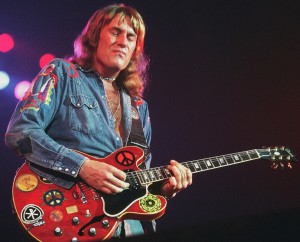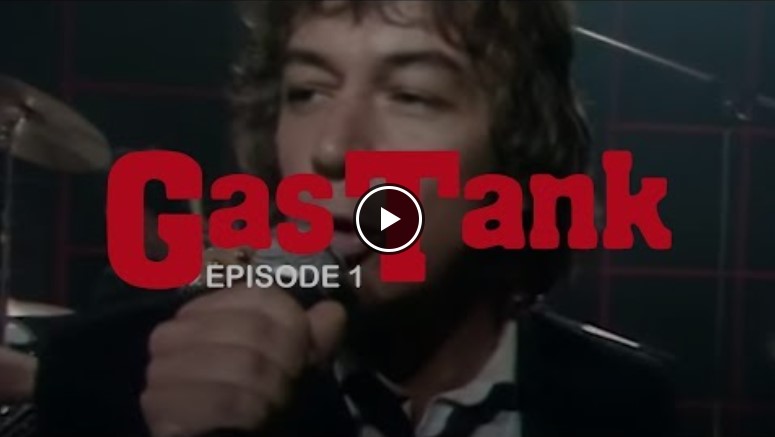Engage your senses: Press play on the video, then stimulate your brain with the article.
Alvin Lee
Alvin Lee began playing guitar at the age of 13. In 1960, Lee along with Leo Lyons formed the core of the band Ten Years After. Influenced by his parent’s collection of jazz and blues records, it was the advent of rock and roll that sparked his interest.
Lee’s efficiency at the Woodstock Festival was photographed in the docudrama of the event. His ‘lightning-fast’ having fun aided catapult him to fame. Soon the band was playing industries and stadiums around the world. The movie brought Lee’s songs to a global target market. Although he later lamented that he missed the lost liberty as well as the spiritual devotion to his earlier public.

Alvin Lee was named “the Fastest guitarist in the West”. Also thought about a precursor to shred-style having fun that would certainly create in the 1980s.
Ten Years After had success, launching ten cds together, yet by 1973, Lee was feeling restricted by the band’s design.
Moving to Columbia Records had led to a radio struck track, “I ‘d Love To Change the World”. However, Lee favored blues-rock to the pop to which the label guided them. He left the group after their second Columbia LP. With American Christian rock leader Mylon LeFevre, along with visitors George Harrison, Steve Winwood, Ronnie Wood as well as Mick Fleetwood, he tape-recorded and launched On the Road to Freedom, a well-known album that went to the forefront of country-rock. Additionally, in 1973 he attended the Jerry Lee Lewis dual album The Session … Recorded in London with Great Artists videotaped in London showcasing several other guest stars consisting of Albert Lee, Peter Frampton, and Rory Gallagher.
Eric Burdon
One of the Top 100 Voices of All Time by Rolling Stones Magazine. This is one of the most distinctive and endearing voices in rock and roll. He is an accomplished painter, authored, recording artist and traveling bluesman. His musical journey began in Newcastle, England, where he immersed himself in American blues and jazz. As the driving force behind The Animals, Burdon made the band one of the forefronts of British blues and rock. They recorded songs such as House of the Rising Sun, “Don’t Let Me Be Misunderstood”. Also the Vietnam-era anthem, “We Got to Get Out of This Place;” and Psychedelic-era classics “San Franciscan Nights,” “Monterey” and the anti-war, “Sky Pilot.” As the founder of multi-ethnic funk, Burdon broke new ground with Spill the Wine.
Rick Wakeman
Rick is an English keyboardist, songwriter, producer, TV and radio presenter, actor and writer. He is best known for his five-term membership of the progressive rock band Yes from 1971 to 2004 and for solo albums released in the 1970s.
Born and raised in West London, Wakeman intended to become a concert pianist, but dropped out of the Royal College of Music in 1969 to become a full-time session musician. His early sessions included playing “Space Oddity” for David Bowie and songs by Junior’s Eyes, T. Rex, Elton John and Cat Stevens. Wakeman joined the band The Strawbs in 1970 and joined Yes a year later, playing on some of their most successful albums until 1980.
Wakeman began his solo career in 1973. His most successful solo albums being the first three: The Six Wives of Henry VIII (1973), Journey to the Center of the Earth (1974) and The Myths and Legends of King Arthur and the Knights of the Round Table (1975). All concept albums. In 1974 he founded the rock band The English Rock Ensemble, with which he continues to perform, and composed the music for his first movie Lisztomania (1975).



Facebook Comments